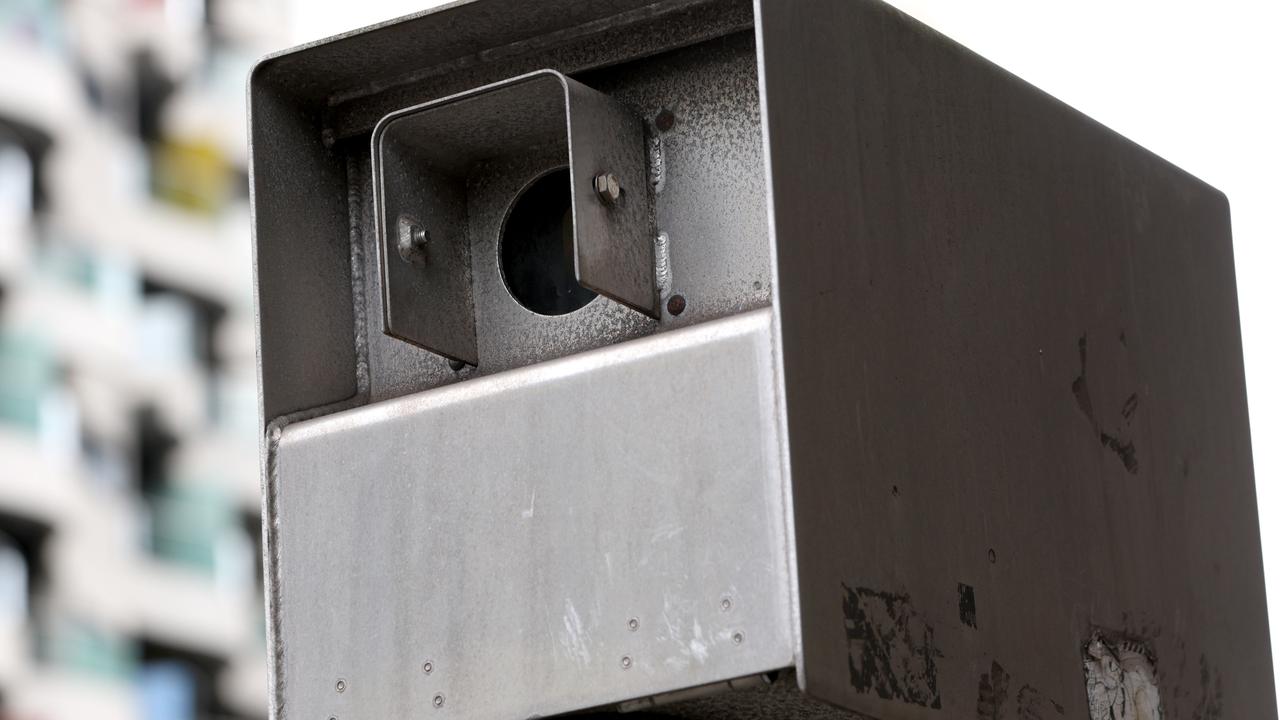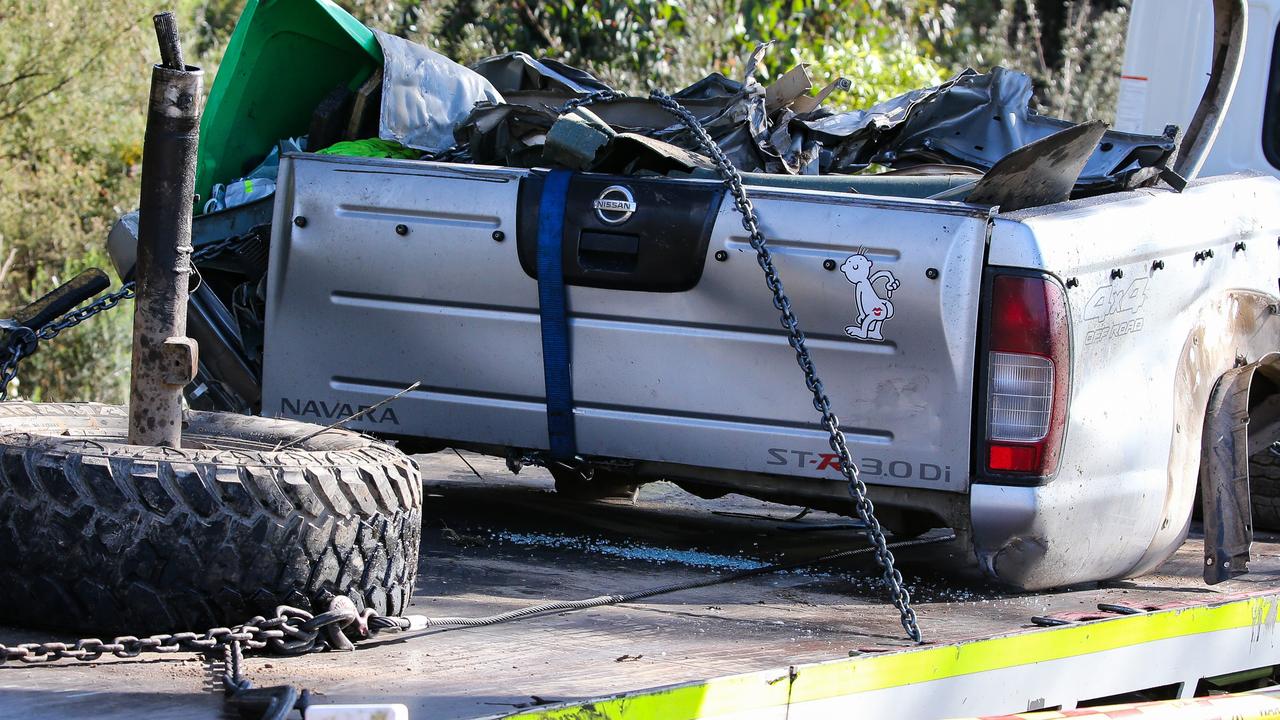Average speed cameras will target drivers and riders in NSW
Drivers and riders will receive a warning before a new initiative is adopted to try to reduce the death toll on one state’s roads.

Drivers and riders on two major NSW highways have been put on notice.
Average speed cameras have begun operating in “warning mode” for light vehicles caught speeding.
The move comes as part of the NSW government’s trial to expand the use of average speed cameras from heavy vehicles to light vehicles in order to reduce the death toll on busy roads.
The cameras measure a 15km stretch of the Pacific Highway between Kew and
Lake Innes (Port Macquarie) and a 16km stretch of the Hume Highway between
Coolac and Gundagai.
If a vehicle’s average speed exceeds the speed limit for the length of road between two cameras, the driver or rider will initially receive a warning for speeding. From July 1, penalties will apply.
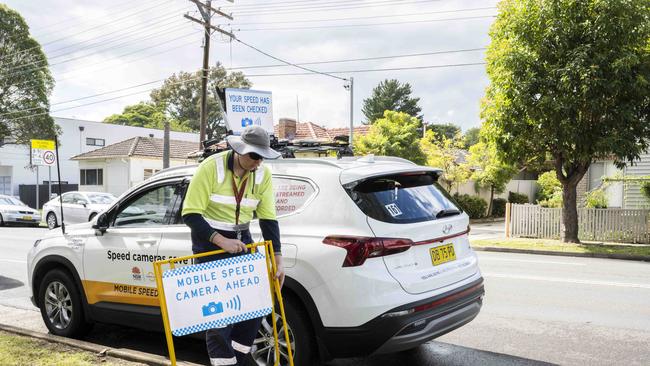
Transport for NSW executive director of road safety regulation Duncan Lucas
said the trial was part of the government’s commitment at last year’s Road Safety
Forum.
“Motorists are reminded that from today the cameras will begin capturing light
vehicle speeding offences. Warning letters will be issued to those caught for the
first two months before penalties will begin on 1 July,” Mr Lucas said.
“I would also like to remind heavy vehicle drivers that these cameras will continue
to operate in enforcement mode for heavy vehicle offences during the entirety of
the trial.”
The trial will help the NSW government determine if average speed cameras improve safety and minimise speeding.
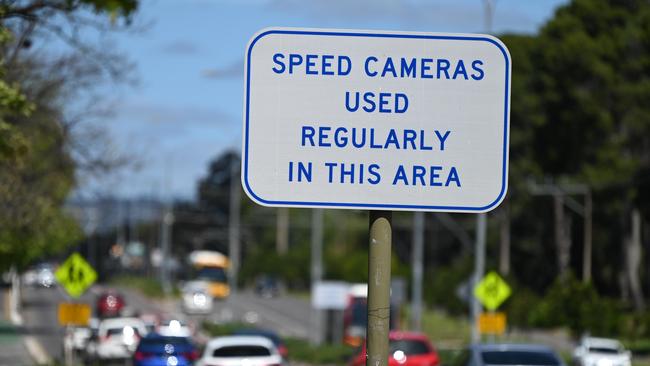
“Signage is in place at the two sites and a communications advertising campaign is
under way to educate drivers on the trial. We want to ensure the community
understands how the technology works and has confidence in its road safety
benefit,” Mr Lucas said.
“Speeding is the biggest cause of death and serious injury on NSW roads and it’s
imperative that everyone obeys the speed limit, not only when passing enforcement
sites but everywhere on our roads.”
Minister for Regional Transport and Roads Jenny Aitchison said her office was determined to bring down the road toll in regional NSW when speaking about the trial.
“Regional NSW is home to a third of the population but is where two-thirds of all road deaths happen,” she said.
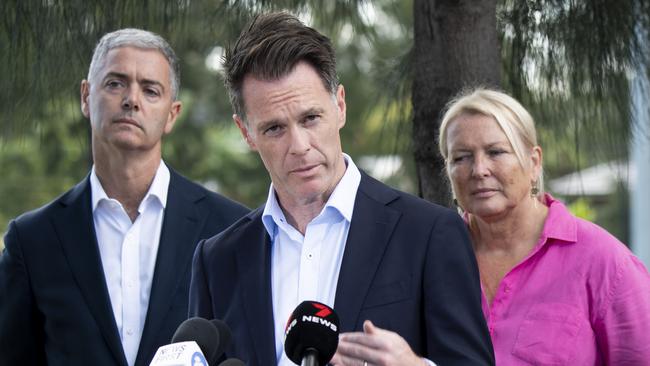
“With the majority of road trauma occurring in our regions, we have chosen two regional locations to test the impact these cameras could have on road safety for all road users.
“I know this trial will be a change, particularly for regional people who travel through the areas where these two camera lengths are in place, which is why we are committed to ensuring that the community is aware of what we are doing.
“We will have a communications strategy in place, including the use of print, radio and social media, as well as variable messaging signs and mobile billboards to help communicate the trial details to drivers and riders.”
The trial aligns NSW road rules with Victoria, Queensland and South Australia.
Tasmania and the Northern Territory do not use point-to-point speed cameras.
The NSW government will report back to parliament on the outcomes of the trial in 2026.
Originally published as Average speed cameras will target drivers and riders in NSW

